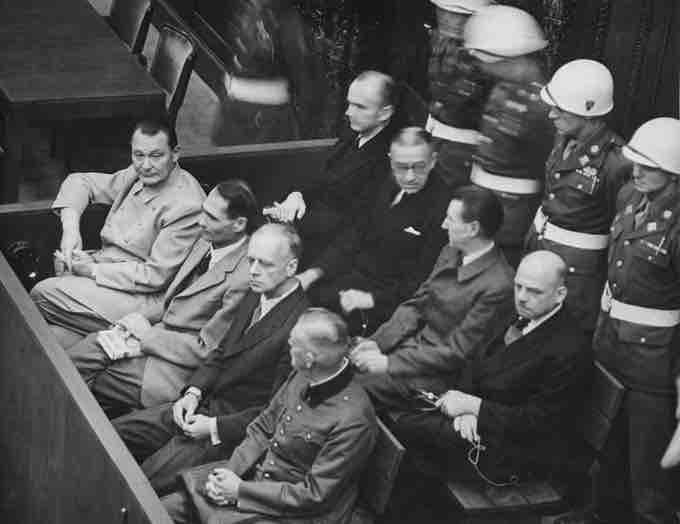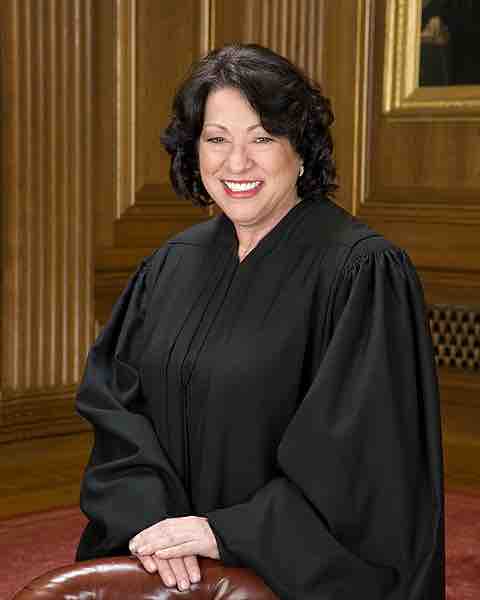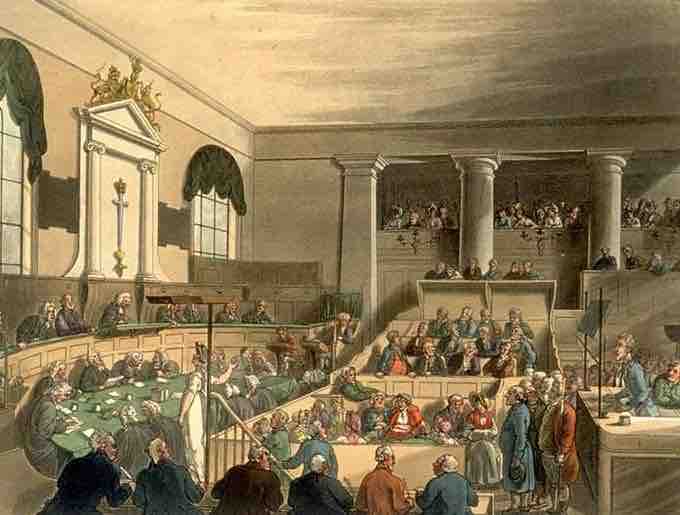What is a Court?
A court is a form of tribunal, often a governmental institution, with the authority to adjudicate legal disputes between parties, and carry out the administration of justice in civil, criminal, and administrative matters in accordance with the rule of law. In both common law and civil law legal systems, courts are the central means for dispute resolution, and it is generally understood that all persons have an ability to bring their claims before a court. Similarly, the rights of those accused of a crime include the right to present a defense before a court.
The system of courts that interpret and apply the law are collectively known as the judiciary. The place where a court sits is known as a venue. The room where court proceedings occur is known as a courtroom, and the building is known as a courthouse; court facilities range from simple and very small facilities in rural communities, to large buildings in cities. A judge is a person who presides over court proceedings, either alone or as part of a panel of judges.
Jurisdiction
The practical authority given to the court is known as its jurisdiction, or the court's power to decide certain kinds of questions or petitions. A plaintiff is the term used in some jurisdictions for the party who initiates a civil lawsuit before a court. A defendant is any party required to answer a plaintiff's complaint in a civil lawsuit, or any party that has been formally charged or accused of violating a criminal statute. A legal remedy is the means with which a court of law (usually in the exercise of civil law jurisdiction) enforces a right, imposes a penalty, or makes some other court order to impose its will.
In the United States, the legal authority of a court to take action is based on personal jurisdiction, subject-matter jurisdiction, and venue over the parties to the litigation. Personal jurisdiction refers to a court's jurisdiction over the parties to a lawsuit. Personal jurisdiction means the power of the court to decide a dispute, as against a particular person. Subject-matter jurisdiction is the authority of a court to hear cases of a particular type, or cases relating to a specific subject matter. For instance, bankruptcy court only has the authority to hear bankruptcy cases.
Types of Courts
In most jurisdictions, the court system is divided into at least three levels: the trial court, which initially hears cases and reviews evidence and testimony to determine the facts of the case; at least one intermediate appellate court that hears an appeal of a trial court or other lower tribunal; and a supreme court, which primarily reviews the decisions of the intermediate courts. A tribunal, in the general sense, is any person or institution with the authority to judge, adjudicate on, or determine claims or disputes, whether or not it is called a tribunal in its title. For example, the Nuremberg Trials were a series of military tribunals, held by the victorious allied forces of World War II, most notable for the prosecution of prominent members of the political, military, and economic leadership of the defeated Nazi Germany.

Nuremberg Tribunal
At the Nuremberg Tribunals, the main target of the prosecution was Hermann Göring (at the left edge on the first row of benches), considered to be the most important surviving official in the Third Reich after Hitler's death.

U.S. Supreme Court Justice Sonia Sotomayor
United States Supreme Court Associate Justice Sonia Sotomayor

The Old Bailey
A trial at the Old Bailey in London, as drawn by Thomas Rowlandson and Augustus Pugin, for Ackermann's Microcosm of London (1808-11).